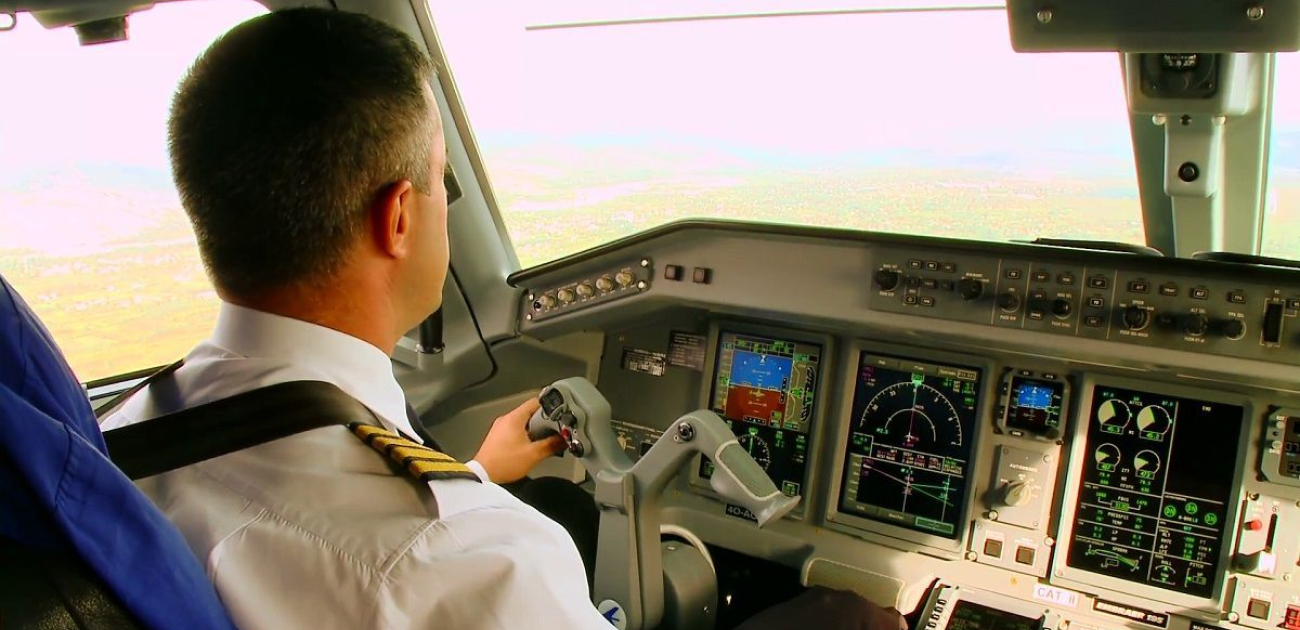Where Does Pilots Resident in Italy Should Pay Taxes?
The Italian Civil Aviation Authority (ENAC) has communicated that during 2017 the air traffic has increased according to the consolidated data with 174 million of passengers passed through the Italian airports. In this scenario, many pilots moved to Italy with their family or started to work for foreign airlines established abroad. One of the most important questions they put is “where do I have to pay my taxes ?”
In discussing taxation, if we assume that the pilot lives in Italy (the country of residence) and works in another country (the country of employment) for an employer established in that country, the “world wide principle” applies. Consequently, the pilot should pay tax in Italy when, according to the Italian general rules, is qualified as “resident”. But, according to the domestic law, the foreign employer withholds the taxes provided by the country where he is established. As consequence, the application of the Italian and foreign rules could cause a double international taxation of the same income.
Take note that the same question also applies to other flight crew members (the co-pilot, cabin attendants and pursers).
Cross-border situations are provided for by the tax treaty, if any, between Italy and the country in question, where the employer is established. These treaties determine which country has the right to collect tax (the country of residence of the pilot or the country of the employer). However, it is important to properly understand the contents of the tax treaty.
Tax treaties signed by Italy are based on the old OECD Model Tax Convention, which includes an article that applies specifically to pilots as distinct from other employees. Article 15(3) of the old Model Tax Convention assigns taxation rights to the country where the employer’s business is established (the place of effective management). At first sight, people think that, if the pilot is resident in Italy but works abroad for an airline with the place of effective management in another country, the pilot can pay taxes only in the last country.
This interpretation is not correct just because an important adverb (“only”) is missing in article 15(3) of the tax treaties signed by Italy. Consequently, when the pilot is resident in Italy his income is taxable (also) in the place of effective management of the foreign employer.
Take care that the tax treaty in force with Netherlands deviates from of the old Model Tax Convention and assigns taxation rights “only” to the pilot’s country of residence.
The ordinary existing situation could change when Italy transposes in the treaties in force the new version of article 15(3) provided by OECD Model Tax Convention dated November 21, 2017 according to which the taxation is reserved (“only”) to “the contracting state where the pilot is resident”.
As pilots often work internationally and the situations can be so much different, the application of the rules almost always needs to be considered in light of the specifics of the individual case.
Interconsulting Studio Associato is at your disposal for any further clarifications.
Do you want more information?
 Maurizio Bottoni
Maurizio BottoniMaurizio Bottoni is the senior partner of Interconsulting. As a consultant in one of the Big Four he has developed a deep knowledge of the Italian and International tax law, through the involvement in operations and reorganization of multinationals. Extraordinary transactions and international issues are his daily business.

